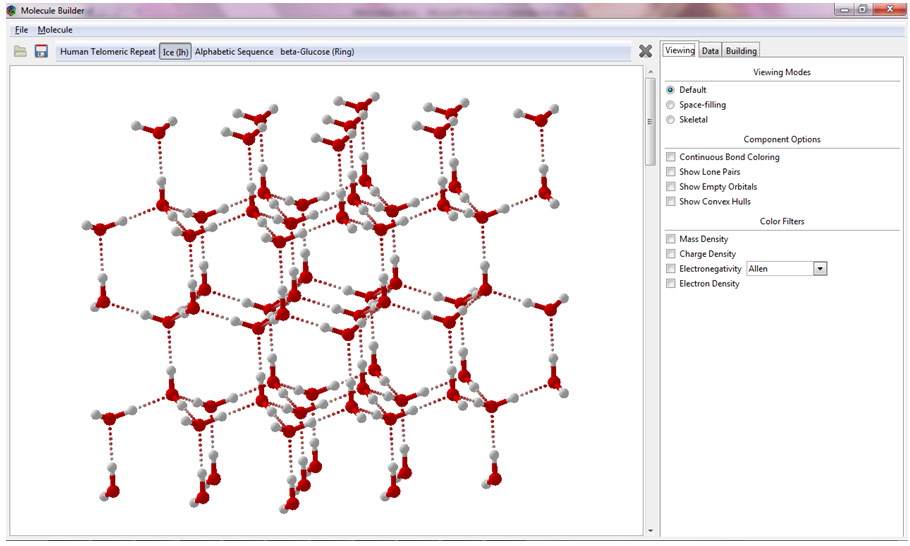|
If you're studying undergrad math, physics or chemistry, chances are you've heard of this thing called a "Group" that is studied in "Group Theory". What is it and why is it so important? I'll explain in a simple way. The most familiar group is our number system; we have a bunch of numbers, and we have this thing called "$+$" which can take two numbers and churn out another number. A group is just a set of objects, and you have one "operation" (usually called "$\ast$" or "$+$", but those are just names) that tells you how to combine objects to produce other objects in that set, subject to a few rules. Why devise such a "strange chasing game" in a set of objects? That's because such systems are omnipresent in a stupendous array of phenomena:
I know that each twist can go in two opposing directions, but you get the point.
\begin{align} \begin{bmatrix} 1\\2\\3 \end{bmatrix}+\begin{bmatrix} 4\\5\\6 \end{bmatrix}&& \begin{bmatrix} 1&0&0\\0&1&0\\0&0&1 \end{bmatrix}+ \begin{bmatrix} 0&1&0\\0&0&1\\1&0&0 \end{bmatrix}&& \mathsf{Quadratic} + \mathsf{Cubic} \end{align}
This exemplifies one power of Mathematics, where a myriad of disparate phenomena and concepts can have a single simple abstract underpinning. Group Theory is the study of that underpinning, thus its results and implications reach far and wide. Technical NoteWhen I said "subject to a few rules", I was referring to the following rules that hold for any group with object set $G$ and operation $\ast$:
0 Comments
Leave a Reply. |
Archives
December 2020
Categories
All
|



 RSS Feed
RSS Feed